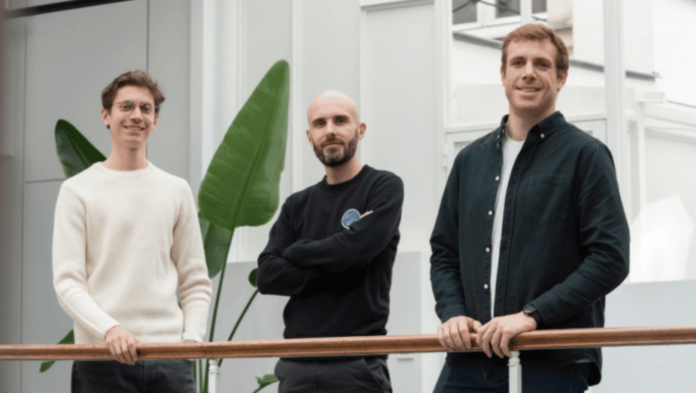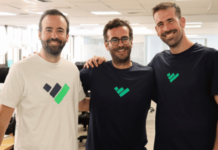French startup Tomorro just secured a fresh €25 million in funding as it aims to set a new standard for contract management in Europe. With eyes set on international expansion and deep investment in AI, the company is positioning itself as a key player in the future of legal tech.
The funding round was led by XAnge and Acton Capital, with participation from Adelie and Founders Future. Previous investors HenQ, Resonance, Financière Saint-James, and Motier Venture also returned, signaling continued confidence in Tomorro’s mission and growth trajectory. This new round follows an €11 million raise just 18 months ago, showing a strong pace of investor backing.
The capital injection comes with strategic plans. Tomorro is opening new offices beyond France, starting with the Cologne region in Germany. According to CEO and co-founder Antoine Fabre, this is just the beginning. “Opening a German office is the first stage ahead of expanding into other European countries. 2025 will also see us recruit an entire sales, marketing and customer team as well as consolidate our staff in France to further underpin the solution that we provide,” he explained.
Founded in 2020 by Antoine Fabre, Sébastien Decrême, and Thibaut Caoudal, Tomorro has been steadily transforming how businesses handle contracts. Their platform is designed to make contract management not only more efficient but collaborative and accessible. Powered by AI, the system helps companies manage legal documents up to three times faster, all while improving coordination between legal and operational teams.
And the market is listening. With over 300 clients already on board including brands like Veja, Nestlé, and Ingenico Tomorro is helping businesses speed up their contract processes while reducing legal and financial risks. Their collaborative platform cuts through the inefficiencies of traditional contract handling, like endless email chains, and brings everything into one streamlined system. Teams across sales, procurement, HR, and marketing can now work closely with legal departments, supported by tools that reduce friction and boost clarity.
One of the platform’s standout features is Oro, Tomorro’s generative AI assistant. Built on state-of-the-art language models, Oro is designed to support users at every stage of a contract from drafting and editing to summarizing, translating, extracting key data, and providing analysis. With this tool, Tomorro is doing more than just automating workflows it’s making contract management smarter.
Looking ahead, the company plans to hire more than 100 people in product, tech, sales, and marketing over the next two years. This hiring spree will support Tomorro’s expansion efforts and fuel innovation as they double down on AI investment in 2025. The goal is clear: bring more intelligence, speed, and accuracy to the contract lifecycle.
Tomorro is also preparing to launch a new AI-assisted negotiation tool, which aims to streamline the final stretch of contract execution. The idea is to help businesses close deals faster and with more confidence, reducing bottlenecks while maintaining legal integrity. Fabre emphasized that as contract volume and complexity continue to grow, tools like this will be crucial to maintaining productivity and compliance.
The European market for automated contract management is already valued at nearly $6 billion and is projected to double in the next few years. A significant part of that growth will be driven by advancements in generative AI, a trend that Tomorro is actively shaping. Alexis du Peloux, partner at XAnge, called the company’s timing perfect: “Tomorro’s exceptional performance has perfectly captured the crest of this particular wave and XAnge is proud to support them, most notably as they venture overseas.”
With strong backing, a clear vision, and a solid track record, Tomorro is well on its way to becoming the default contract management solution for European businesses. As legal tech continues to evolve, the company is making a bet that smarter, faster, AI-powered tools will define the next era of corporate operations and so far, that bet is paying off.





